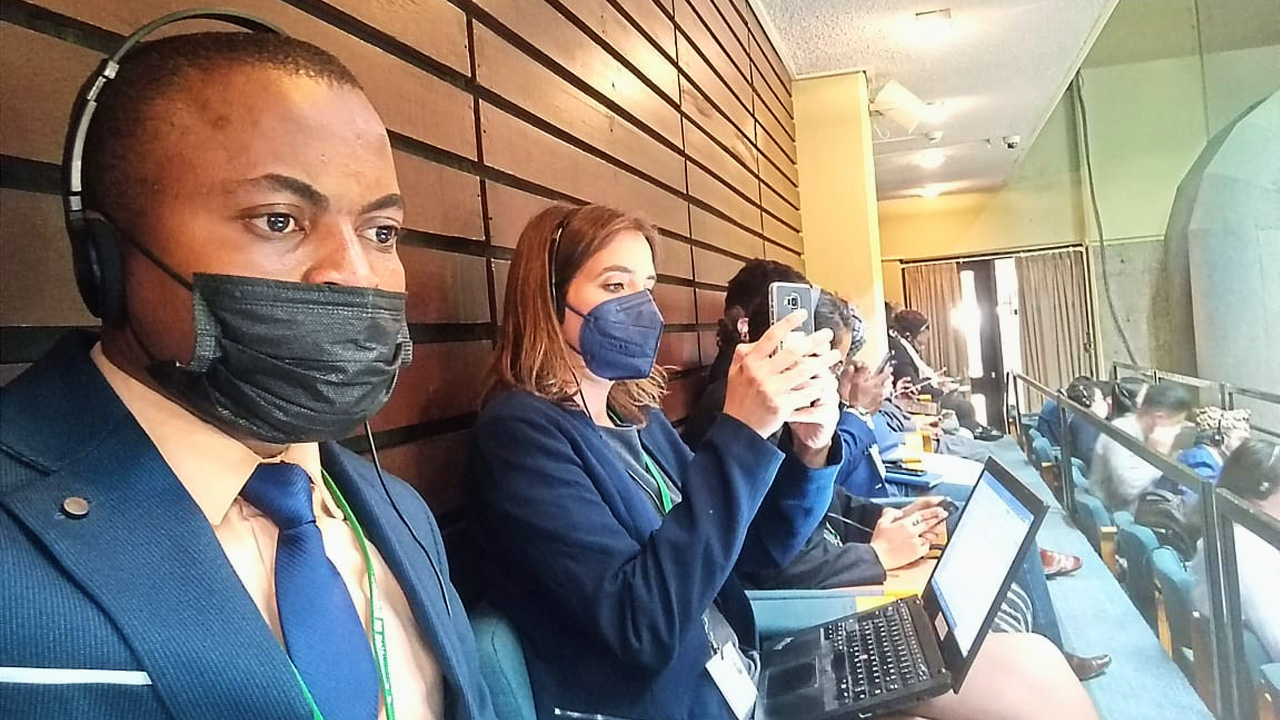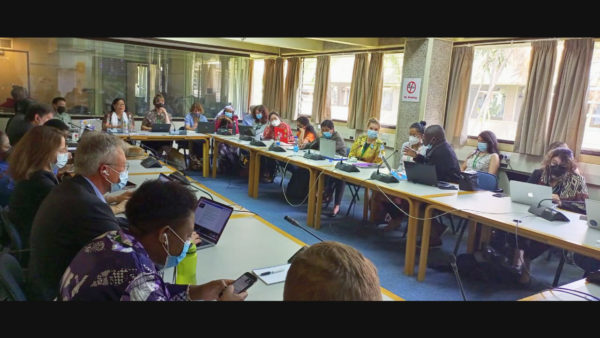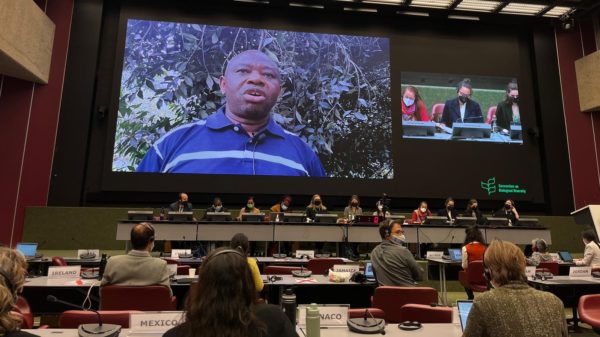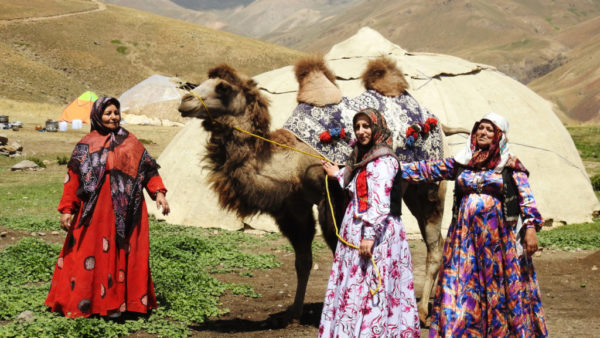As the fourth round of negotiations on the post-2020 framework begin in Nairobi, we take a look at the key issues identified by our membership
First published on 06/22/2022, and last updated on 06/23/2022
Ameyali Ramos, International Policy Coordinator, ICCA Consortium
Carolina Rodriguez, International Policy Regional Focal Point
Aquilas Koko Ngomo, International Policy Regional Focal Point for Africa
The ICCA Consortium has worked with its Members and Honorary members to provide some key elements and language suggestions based on document CBD/WG2020/3/L.2, which was produced after the third meeting of the Open-ended Working Group on the post-2020 global biodiversity framework (OEWG-3) held in Geneva in March 2020 . While not exhaustive, this focuses on some key elements and strategies to ensure that Indigenous Peoples’ and local communities’ priorities are as well represented as possible as the fourth round of negotiations takes place in Nairobi from 21-26 June.
Beyond the specific elements and language identified below, it is time for governments and conservation organizations to humbly recognize Indigenous Peoples and local communities (IPLCs) as “the true conservationists” – as ICCA Consortium co-founder and first President Taghi Farvar once said. At a time when the environment is in crisis, the conservation community needs to deconstruct mainstream understanding of “conservation” and create space where Indigenous and community custodians and their territories of life can continue to “do” conservation, flourish and take care of their lands, territories and resources on their own terms and with their own governance systems. The post-2020 framework must be a vehicle to ensure this.
1. Ensure a human rights-based approach, including equity and justice
In Geneva, we saw some progress in the inclusion of rights-based approaches with increased visibility of human rights, IPLCs’ rights, rights of women and girls, access to justice and language about equity. In Nairobi we must continue to advocate for a clear and consistent “people first” approach by:
- Ensuring the fulfillment of human rights, including the rights to a clean, healthy and sustainable environment (Goal B)
- Ensuring appropriate human rights-based language, including free, prior and informed consent (FPIC), access to justice and safety of environmental defenders (Section Bbis)
- Keeping references to “participatory and inclusive” spatial planning and supporting IPLCs’ spatial plans (Target 1)
- Supporting IPLCs’ restoration initiatives (Target 2)
- Ensuring equitable governance and recognition of IPLCs’ rights, including to provide or withhold FPIC, in any area-based conservation initiative, including protected areas and other effective area-based conservation measures (Target 3)
- Ensuring IPLCs’ full, equitable and effective participation in decision-making, access to justice, and safety of environmental defenders (Target 21)
- Supporting the new proposed target on gender equity (Target 22)
2. Equitable governance is key
While discussions about governance have mostly been on the sidelines of the post-2020 negotiations framework so far, equitable governance is critical for a successful post-2020 framework. The discussions in Nairobi should place the spotlight on governance, specifically by:
- Recognizing and supporting a diversity of governance arrangements in area-based conservation, including those of IPLCs (Section Bbis)
- Ensuring ‘equitable governance’ remains explicit in area-based conservation discussions and that there is a strong focus on quality rather than only quantity in targets on area- based conservation (Target 3)
- Supporting IPLCs’ self-determination and diversity of governance systems and customary laws (Target 21)
3. Clear and concise implementation mechanisms
Parties must ensure there are strong implementation mechanisms, with clear text on transparency and accountability and key principles of international environmental law such as common but differentiated responsibilities (Section J), to ensure that we do not repeat the failures of the Strategic Plan for Biodiversity 2011-2020 and Aichi Targets. The post-2020 framework must not be purely aspirational. Implementation must be addressed at the national and sub-national levels and must be supported with adequate resources (political, technical and financial).
4. Ensure sufficient resources are available and adequately directed to IPLCs
For the post-2020 framework to be successful, Parties must eliminate perverse incentives and redirect negative subsidies to increase adequate and equitable financing, specifically by:
- Repurposing negative subsidies for positive incentives (Target 18)
- Generating increased international financial resources from all sources (Target 19.1)
- Ensuring direct access mechanisms for IPLCs (Target 19.1)
5. Ensure an robust and relevant monitoring framework
Discussions in Nairobi should allow sufficient time for Parties and observers to reflect and agree on robust and relevant indicators, including adequate systems for monitoring, reporting and review of implementation and recognition of Indigenous and local knowledge systems and indicators. While much of this discussion will take place in Bonn during the Expert Workshop on the Monitoring Framework for the Post-2020 Global Biodiversity Framework (29 June – 1 July), it is important for Parties to agree on certain language in Nairobi to allow for a grounded discussion in that workshop.



